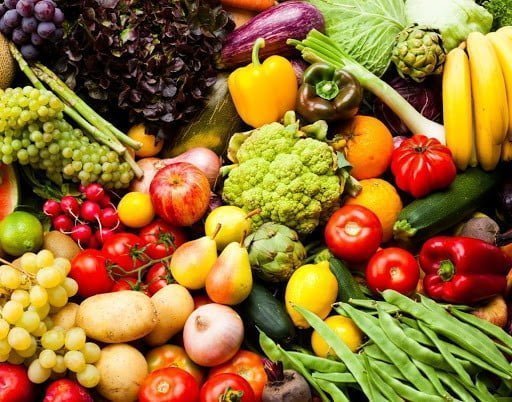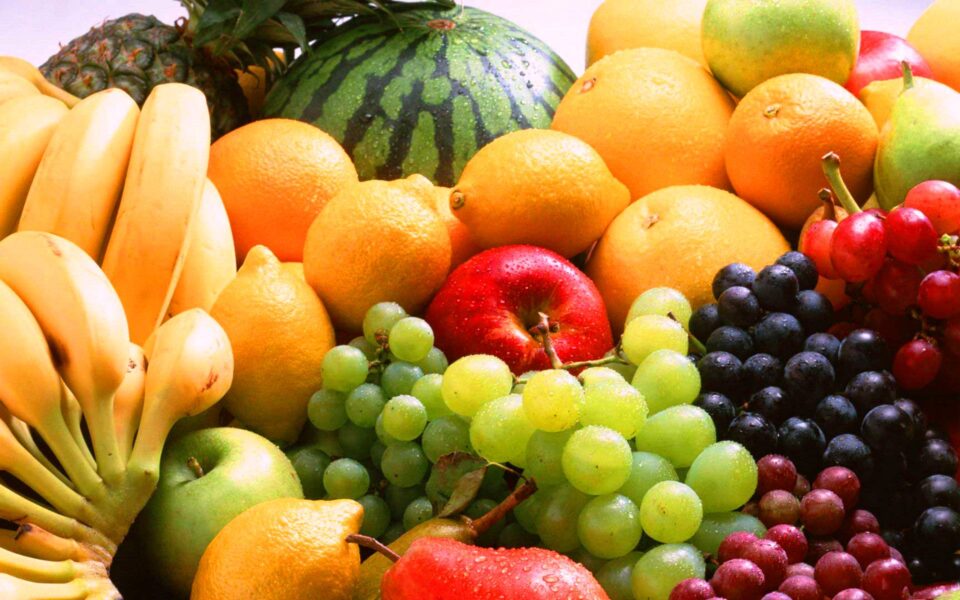According to EastFruit, prior to 2014, Russia was among the most attractive markets for fruits and vegetables in globally. Many countries developed their production targeting this market, which paid high prices and had relatively low quality and safety requirements.
However, the situation began to change in 2014 when Russia invaded parts of Ukraine and banned imports of fresh produce from the EU, USA, and other developed countries. This disruption in global value chains forced Russia to seek alternative sources of supply. Consequently, rapid fruit and vegetable production development to supply Russia occurred in Central Asia, Moldova, Georgia, Azerbaijan, and Armenia, with Iran, Turkey, and Egypt also benefiting.
Ten years later, at the end of 2024, it became evident that it was a typical trap. Russia has always been the most unreliable trade partner in the world, known for politically motivated trade decisions and using trade as a tool for blackmail. This situation has worsened with their continued aggression against Ukraine, in cooperation with North Korea, Belarus, and Iran.
Read also: Belarus bans potato exports causing additional concerns to the potato-deficient russia
Exporters of fruits and vegetables from various countries complained to EastFruit about decreasing demand for their products from Russia and are surprised by this trend, although EastFruit analysts have warning about it for years.
Currently exporters of greenhouse tomatoes from Uzbekistan and Turkmenistan complain about the lack of demand in Russia for their produce, affecting their domestic prices. Exporters from Egypt, Iran, Pakistan, Azerbaijan, Turkey are also expressing concerns.

International fresh produce market expert Andriy Yarmak explains the reasons for the decline of the Russia’s demand for fresh produce in his blog at LinedIn. According to him, Russia’s decline in demand at the end of 2024, despite its poor harvest of fruits and vegetables, should not surprise anyone. He lists several fundamental reasons for this trend.
– FMCG inflation is one. It was 20% by early December 2024 when the government told private companies that they can’t publish it anymore. Considering the huge jump in prices in December, the true inflation should be at least 25% in the calendar year of 2024. Considering no major growth in per-capita incomes, population has less money to spend on food.
– Depopulation – without the war losses of Russia in Ukraine, which will be record high in 2024 at around 400,000, they are losing the same number of people each year due to low birth rates, alcoholism, drug additions, poor healthcare and severe HIV problems, with more that 1% of population infected. That’s a reduction of at least 50,000 tons in fresh produce demand per year just due to the demographics.
– Increasing levels of xenophobia towards foreigners, especially from Central Asia and Caucasus, leading to departure from Russia of millions of migrants further reducing the domestic demand for fruits and vegetables.
– Huge losses by private investors at the Moscow stock exchange estimated at 200bn rubles in 2024 will reduce the incomes of the middle-class. Considering inflation and devaluation of ruble, true losses are pushing 450bn, which is an equivalent of $4.0-4.5bn US dollars!
Given a very pessimistic economic outlook for Russia for 2025 even by pro-Kremlin economists, the demand for imported produce in Russia is going to plummet. Suppliers of fruits and vegetables from Uzbekistan, Georgia, Azerbaijan, Turkey, Egypt and many other suppliers may find themselves in a very difficult situation and will have to diversify quickly. With the global fresh produce market stagnating, and demand in many developed countries declining, price pressures may drive many growers out of business.
The use of the site materials is free if there is a direct and open for search engines hyperlink to a specific publication of the East-Fruit.com website.




